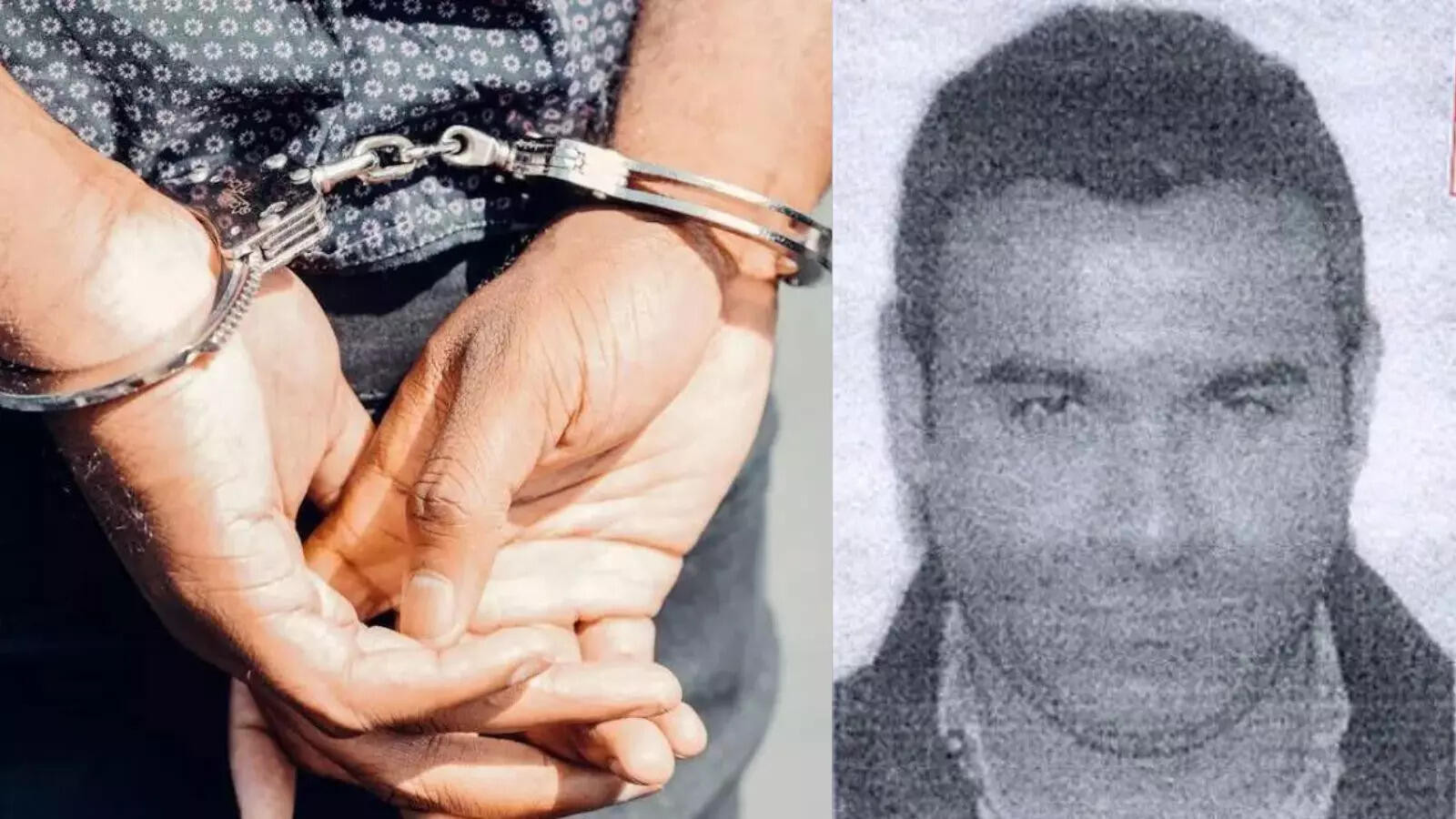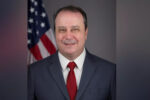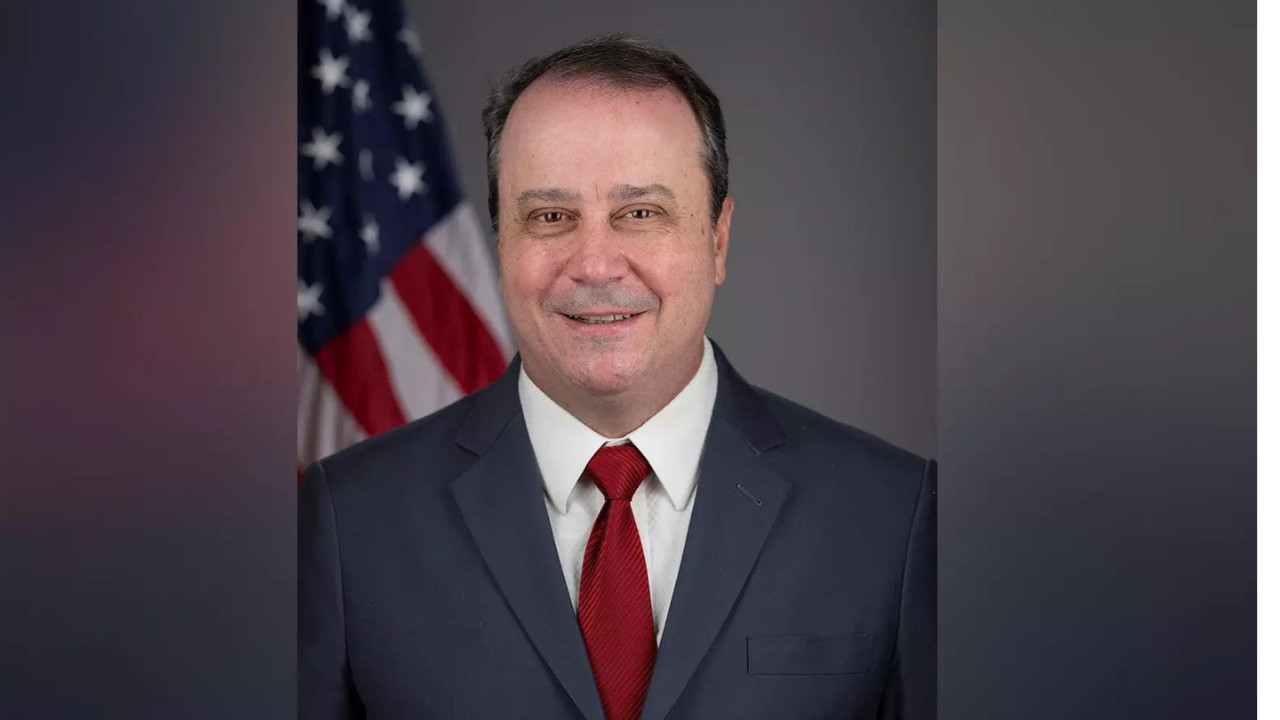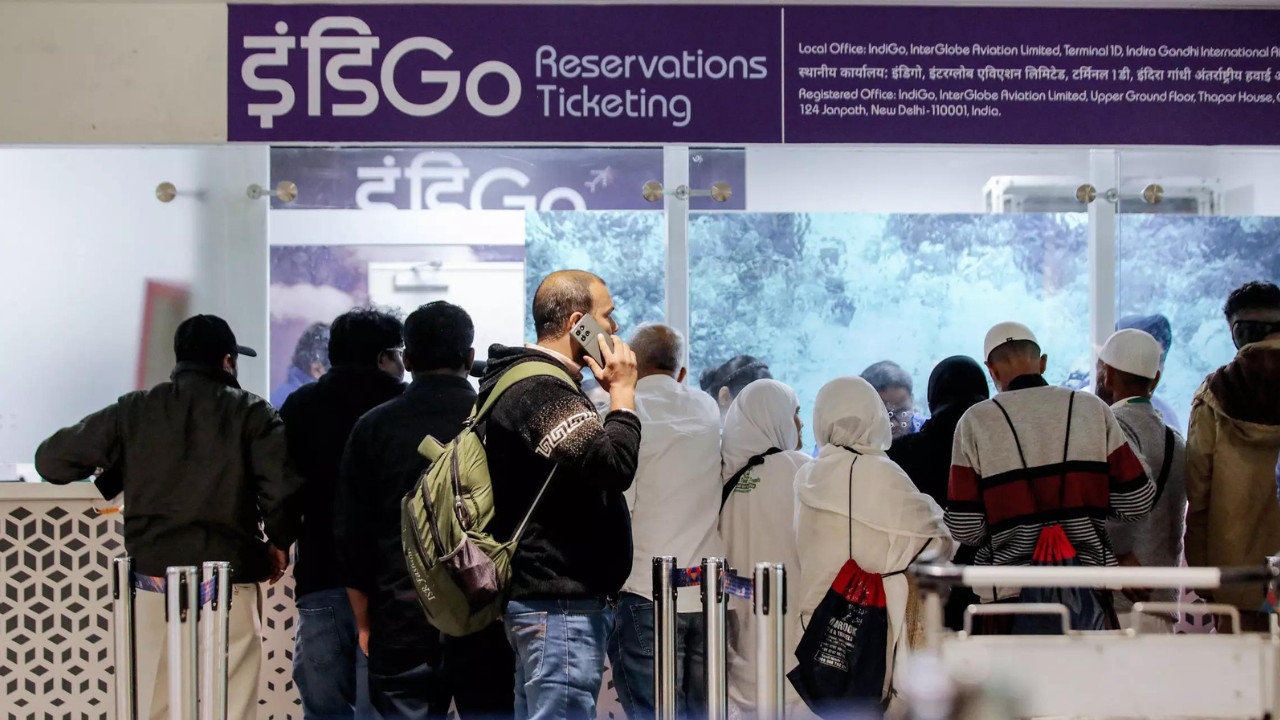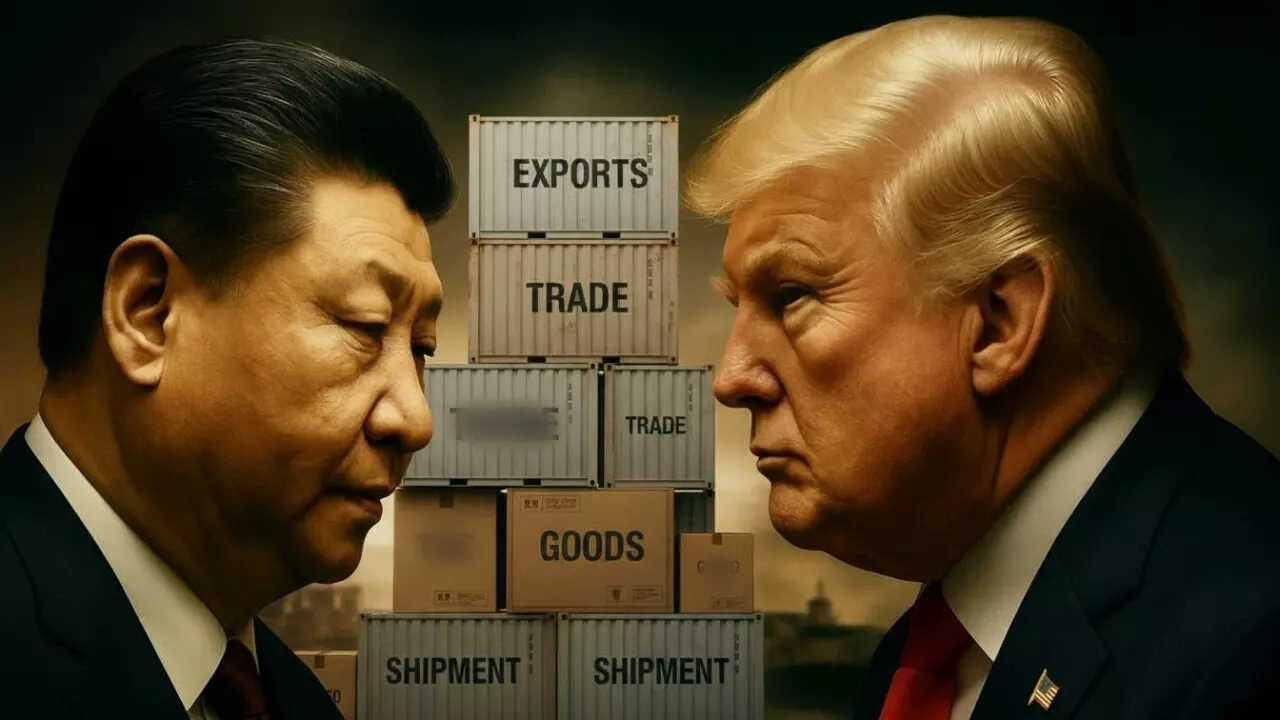Nehal Modi, brother of fugitive Nirav Modi, faces extradition to India after his US arrest on July 4. Accused of money laundering and criminal conspiracy in the Rs 13,000 crore PNB scam, he allegedly siphoned off Rs 6,498 crore. The extradition hearing is set for July 17, 2025, with US prosecutors opposing bail.
The Shadowy Figure Behind the Glitter: Nehal Modi and the PNB Scam
The name Nirav Modi likely conjures up images of dazzling diamonds and, unfortunately, a colossal financial scandal that shook India’s banking system to its core. But behind the headline-grabbing antics of the diamantaire, a less-publicized figure played a crucial, if arguably more insidious, role: his brother, Nehal Modi.
Recently, Nehal found himself in handcuffs in the United States, not for masterminding the scam, but for allegedly playing cleanup crew. His arrest, following India’s extradition request, throws a new light on the PNB (Punjab National Bank) fraud, raising serious questions about the extent of his involvement and the lengths to which the Modi family went to conceal their tracks.
The Vanishing Act: Destroying Evidence in the PNB Scam
The core of the allegations against Nehal centers on the destruction of evidence. Accused of obstructing the investigation, he is alleged to have deliberately tampered with and disposed of crucial documents and digital devices. This wasn’t a casual oversight; investigators believe it was a calculated effort to hinder the unraveling of the intricate web of deceit woven around the PNB scam.
Think of it like this: Imagine a crime scene. The perpetrator not only commits the crime but then systematically starts erasing fingerprints, wiping down surfaces, and even setting fire to documents. That, in essence, is what Nehal Modi is accused of doing, only on a far grander, international scale.
What exactly did Nehal allegedly destroy? While details are still emerging, it’s believed the evidence included documents that could have traced the flow of illicit funds and computers containing vital financial records. By eliminating these pieces of the puzzle, Nehal potentially shielded himself and others from further scrutiny.

Beyond the Brotherly Bond: Nehal’s Alleged Role in the Scheme
While Nirav Modi was the face of the fraud, Nehal’s connection appears to run deeper than mere familial loyalty. He wasn’t simply a bystander; he was an active participant, allegedly entrusted with the crucial task of damage control. This raises the uncomfortable question of how much he knew about the original scam and when he became involved in the cover-up.
Nehal’s role highlights a critical element of large-scale financial crimes: they rarely happen in isolation. They require a network of individuals, each playing a specific part, from orchestrating the fraudulent transactions to laundering the proceeds and, ultimately, covering their tracks.
The Long Arm of the Law: Extradition and the Pursuit of Justice
Nehal’s arrest in the U.S. is a significant victory for Indian authorities and a testament to the power of international cooperation in combating financial crime. Extradition is a complex and often lengthy process, but it sends a clear message: those who attempt to evade justice will be pursued relentlessly, no matter where they hide.
The extradition request itself underscores the gravity of the charges against Nehal. India clearly believes that his involvement in the destruction of evidence is substantial enough to warrant his return and prosecution. If extradited and convicted, he could face significant prison time.
What Happens Now?
The legal proceedings against Nehal Modi are just beginning. His extradition from the U.S. to India is pending, and he will likely fight the process. The coming months will undoubtedly reveal more details about his alleged role in obstructing the PNB investigation and the extent of his knowledge of the original fraud.
The case also raises broader questions about corporate governance and the responsibility of individuals within organizations to act ethically and transparently. How can we prevent future instances of such large-scale financial crimes, and how can we ensure that those who attempt to cover them up are held accountable?
Ultimately, the Nehal Modi case is a stark reminder that financial crimes have far-reaching consequences and that the pursuit of justice can extend across international borders. It serves as a warning to anyone contemplating similar actions: the long arm of the law will eventually catch up. The wheels of justice may turn slowly, but they do turn. The pursuit of justice is a cornerstone of any civilized society, ensuring those accused have their day in court while reaffirming that no one is above the law. This case also underlines the need for stronger regulations and oversight to prevent such elaborate scams from occurring in the first place. Related to this, consider reading our article on corporate responsibility.
